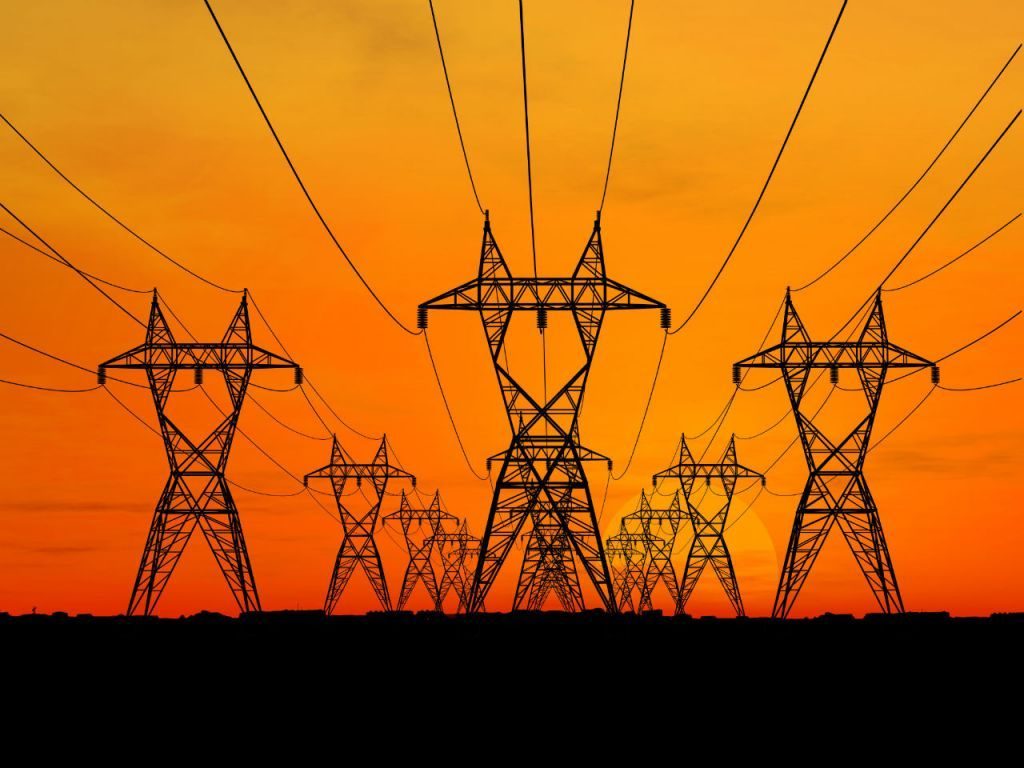
Energy unites the Balkans
A meeting of energy ministers of Southeast Europe will take place next Tuesday in Athens. Pipelines, FSRUs and interconnections are “vehicles” for energy stability in the Balkans.
Under the shadow of the energy crisis, the fear of the countries of Southeast Europe regarding energy security is overflowing. And with no immediate solution in sight at the European level – analysts are not holding much hope for an agreement at the Council of Energy Ministers on November 24 – a way out is being sought, at least at the regional level.
Thus, next Tuesday the energy ministers of Balkan countries (within and outside the EU), such as Albania, North Macedonia, Bulgaria, Kosovo and Romania, will meet in Athens, in a meeting chaired by the Greek Minister of Environment and Energy Kostas Skrekas. The focus is on solidarity in terms of energy efficiency and the creation of a shield by completing strategic infrastructures.
The discussions are expected to focus on issues related to the strengthening of regional energy stability, in which Greece plays an important role, due to the critical infrastructures it is developing or already has developed, such as Revythoussa, the TAP and IGB pipelines and the LNG terminals under construction.
Revythoussa already serves the needs of Bulgaria and Romania. It is no coincidence that, in the recent DESFA auction for LNG import slots in 2023, in addition to the Greek players, three Bulgarian companies also committed capacity, Bulgragaz, MET Energy and Kolmar.
In addition, with the imminent doubling, until 2027, of the transported quantities of Azeri gas from the TAP pipeline (from 10 to 20 million cubic meters), the gas will be able to continue its route to the Eastern countries through the Greek-Bulgarian IGB pipeline Europe. Bulgaria is connected to Romania, Moldova and Ukraine via the Trans-Balkan Pipeline, while there is also a smaller Bulgaria-Romania interconnection under the Danube. Romania is also connected to Hungary. As for the natural gas pipeline Greece – North Macedonia, it will be built with the technical possibility of extending its dynamics to Kosovo and Serbia.
Also, information indicates that our neighbors are already interested in committing capacity to the FSRU prepared by Gastrade of the Kopelouzos group in Thrace, while in Gastrade’s “twin” investment, FSRU Alexandroupolis, Bulgartransgaz already participates with 20%. Both FSRUs will handle 11 to 12 billion cubic meters of gas per year, roughly the same as TAP.
Connections in electricity
In the chapter of electrical interconnections, the focus of the discussions of the energy ministers of the countries of Southeast Europe is expected to be the project of the electrical interconnection of Greece, Austria, Germany, with a transmission capacity of 3 GW, with the possibility of increasing it to 9 GW, for which announcements were made recently by Mr. Skrekas. For the cable, which will carry green energy from Greece, two different designs are being considered, which are expected to be included in the agenda of the talks. One is proposed to follow an overland route, crossing the Western Balkans, while the alternative is to reach Albania and then cross the Adriatic and reach the coast of Slovenia, from where it will continue to Austria.
Regarding the Greece-Egypt interconnection, with a capacity of 3 GW and a budget of approximately 3.5 billion euros, which is being developed by the ELICA group, it is already in the first study stages. The project is planned to transfer energy produced by Renewable Energy Sources in the desert of Egypt to Europe, via Greece. But to keep electricity flowing to Europe new transmission corridors are needed on Greece’s northern borders. The construction of a new cable with Bulgaria has already begun. This is expected to be completed at the beginning of 2023. The second interconnection with Italy is progressing. The procedures for the study of a new Greece-Albania interconnection have started, while the upgrade of the existing interconnection with North Macedonia is being considered .
Also, it is not excluded that the energy groups’ trips to the Balkans, such as those of ELPE or PPC, which are interested in the development of RES projects in the wider region of South-Eastern Europe, will be included in the agenda of the energy ministers’ talks. After all, according to estimates by the Commission for Energy Efficiency of the Energy Institute of SE Europe (IENE), the countries of the Western Balkans need investments of around 20 billion euros in wind farms, in order to achieve the European penetration targets of RES by 2030.
After the meeting led by Mr. Skrekas, the Ministers of Energy will participate on the same day in an open for the public debate, within the framework of the 26th National Conference “Energy & Development” organized by IENE.
Ακολουθήστε το in.gr στο Google News και μάθετε πρώτοι όλες τις ειδήσεις

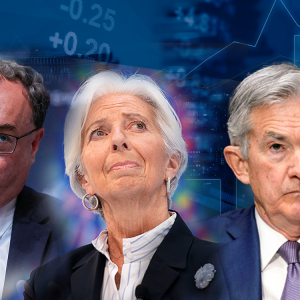
















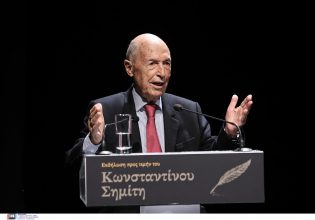






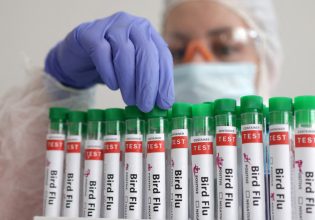





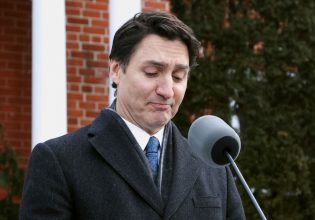

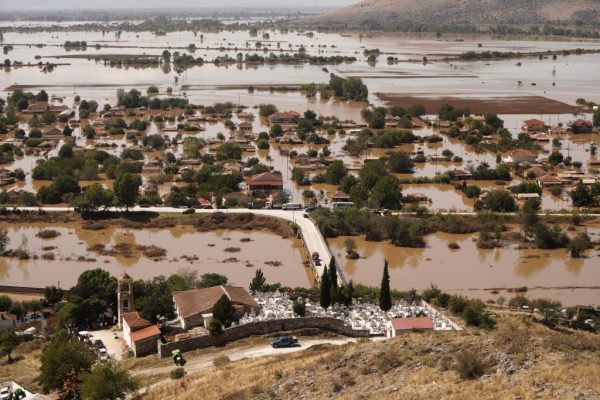
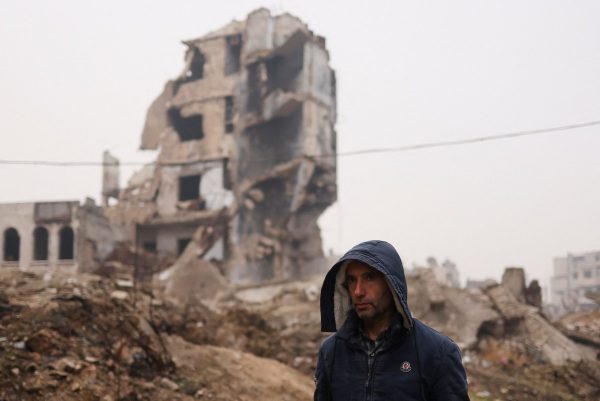
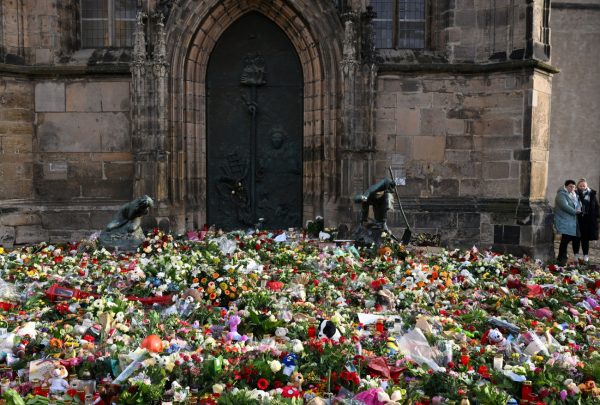




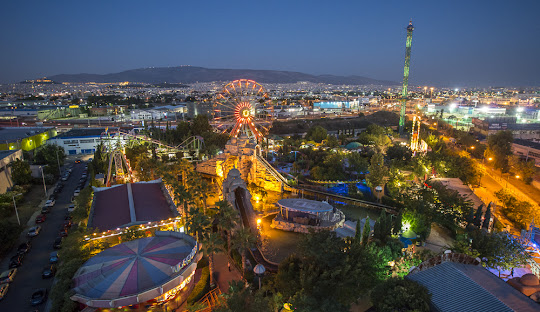
 Αριθμός Πιστοποίησης Μ.Η.Τ.232442
Αριθμός Πιστοποίησης Μ.Η.Τ.232442